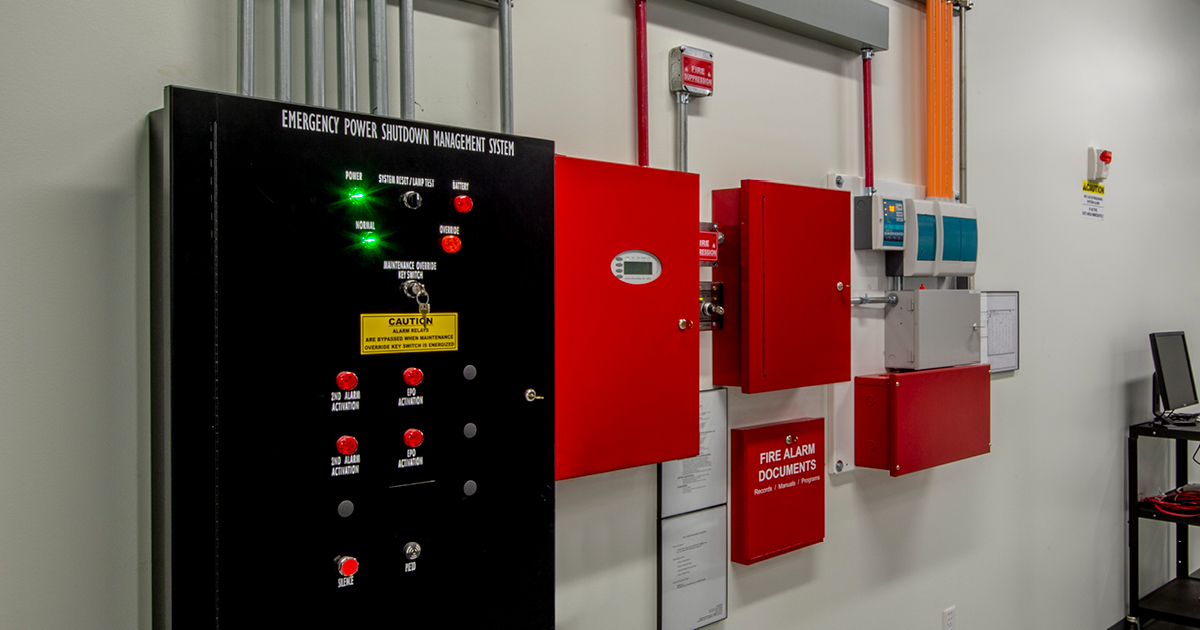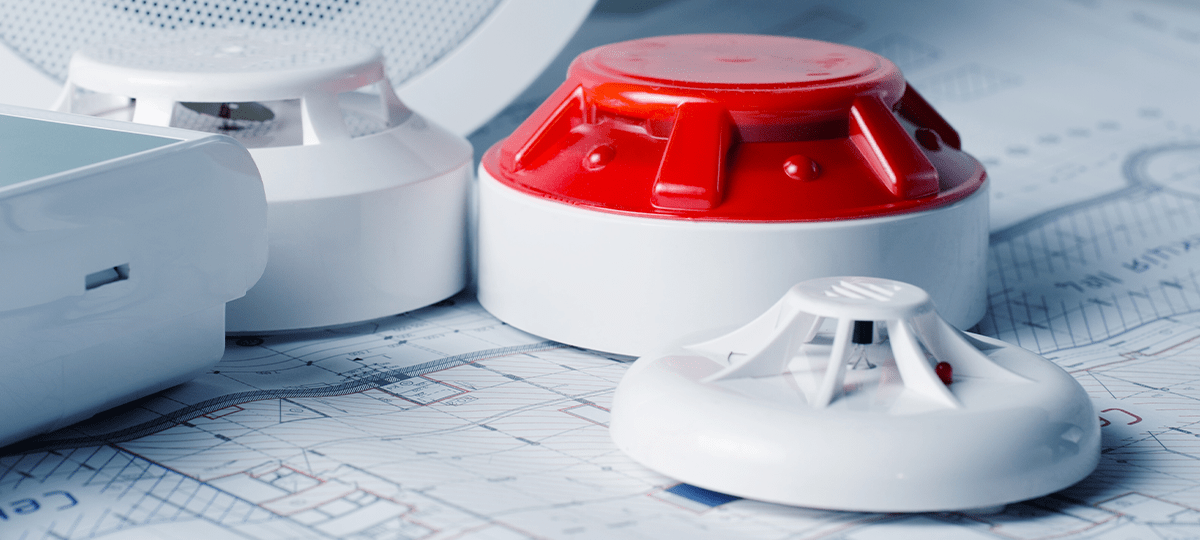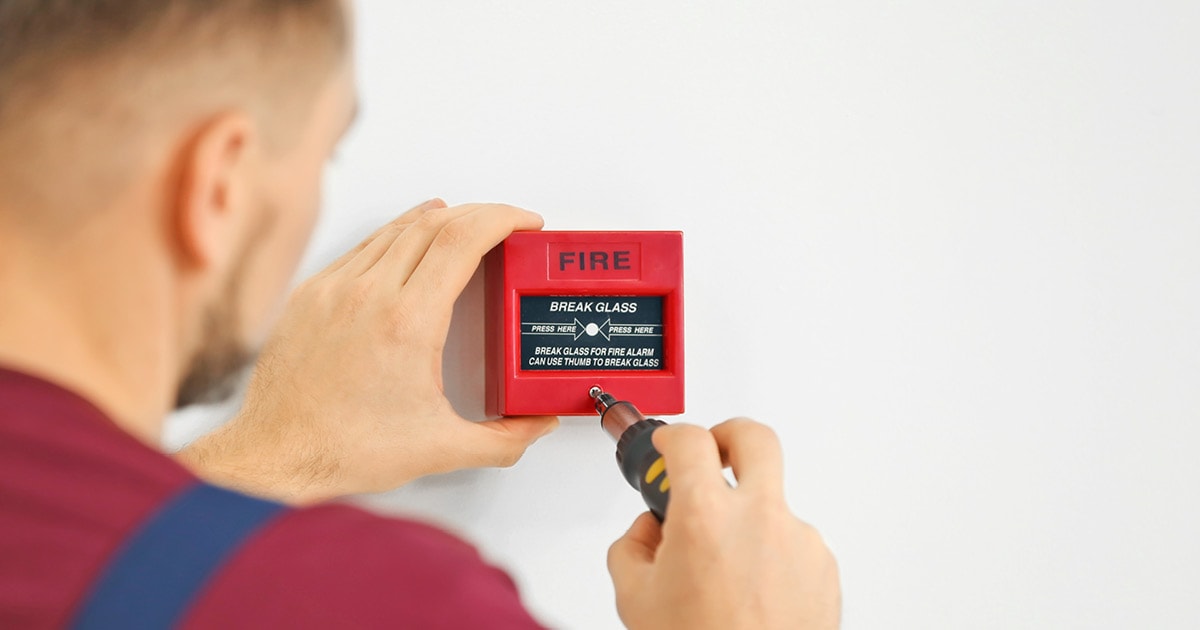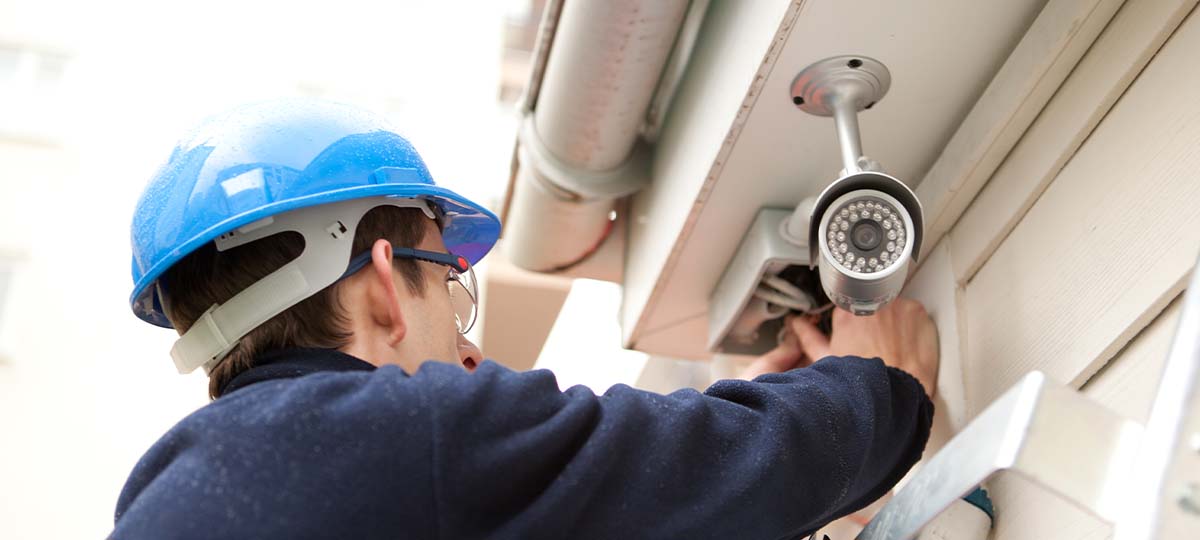Hard-Wired vs Wireless Security Systems
The chicken or the egg.
Not asking which came first in this case, just which one you like better. In the world of security systems, which came first between wired and wireless was answered long ago. But the question of which is better remains.
Let’s start with a quick overview of how each of these systems works.
How Wired and Wireless Security Systems Work
When talking about how wired vs. wireless security systems work, we are referring to how the components of your security system transmit information to one another. For example, if an opened window triggers the window sensor, how does the signal from the sensor get to the main control panel?
In wired security systems, communication signals travel through wires, like telephone or cable lines, while in wireless security systems, they can transmit wirelessly, using radio waves or the internet. However, each system has its pros and cons.
Pros of Wired Security Systems
In the pro column for wired systems, hardware cost tends to be less expensive because it usually requires fewer components.
This type of system faces little to no outside network interference or interruption since they are self-contained. This aspect makes them extremely reliable, and generally offers higher quality images than their wireless counterparts.
Wired systems also won’t affect your network speed for other wireless applications. Powering wired cameras requires only one ethernet cable, so adjusting locations at a later time only calls for access to another ethernet plug.
Cons of Wired Security Systems
The main downside of a wired system is aesthetic. Unless the system is being installed at a renovated or newly built property, you will likely have unsightly cables running along the walls of your home. Either that or you take on the expense of tucking wires into the walls.
While the hardware of wired systems costs less, installation costs are generally higher because electrical knowledge is required.
Since wired systems do not use Wi-Fi, they do not have the capability to be controlled remotely, like their wireless counterparts. This means no self-monitoring of your cameras or changing the security settings while you’re away from home.
While wired systems are not vulnerable to hackers, simply cutting the wire renders the system useless. Making sure your cables aren’t exposed—which can get pricey—and knowing your system’s response if a cord does get cut are essential.
Pros of Wireless Security Systems
In the pro column for wireless systems, the main advantage is the out-of-the-box convenience. Many systems tout the ease of setup and lack of expert knowledge needed to get the system in place and running right away.
Another benefit of a wireless system is the ease of placement. While a wired system needs proximity to an ethernet outlet, a wireless system can go basically anywhere you see fit if the wireless internet signal allows.
Finally, most wireless systems allow you to monitor and adjust security settings from your mobile device, so you don’t have to be home to see home. Some even feature audio functions that enable you to have live two-way conversations with your children when they arrive home from school.
Cons of Wireless Security Systems
A big downside for a wireless system is bandwidth and possible network interference. A passing ambulance, police car, or even a nearby competing wireless network can trigger an interruption in your wireless service. And the more cameras you have connected to your system, the more bandwidth you will need to have them all operating correctly. Read our blog on How Your Internet Speed Affects Your Security System and check with your internet provider to make sure you can run your system adequately.
While the name is “wireless,” most wireless systems are not entirely wireless. Cameras require a constant power source, which usually requires connection to a power outlet.
Even if a system is truly wireless, cameras still need a constant power source, and batteries do not last very long. Making sure you know your battery life, creating and adhering to a schedule to change batteries can be a hassle and sometimes leave you with dead cameras, meaning blind spots in your system.
Wireless systems also experience lag time. Unlike a wired system, the time of the actual event and the time you see it on a screen usually has a slight delay ranging from two to five seconds, which may be critical in some cases.
Also, with a wireless system, hackers can use a device called a software-defined radio (SDR) to jam transmissions and disable your security. If your Wi-Fi router does not have the proper network security set up, you leave yourself vulnerable to hackers getting into your system.
As always, we recommend consulting with a security professional—and preferably hiring an installer—to help you through the process of deciding which route to take. FSS Technologies has both wired and wireless options and can help you choose the security system that best fits your needs. Contact us for a free security evaluation and consultation.










